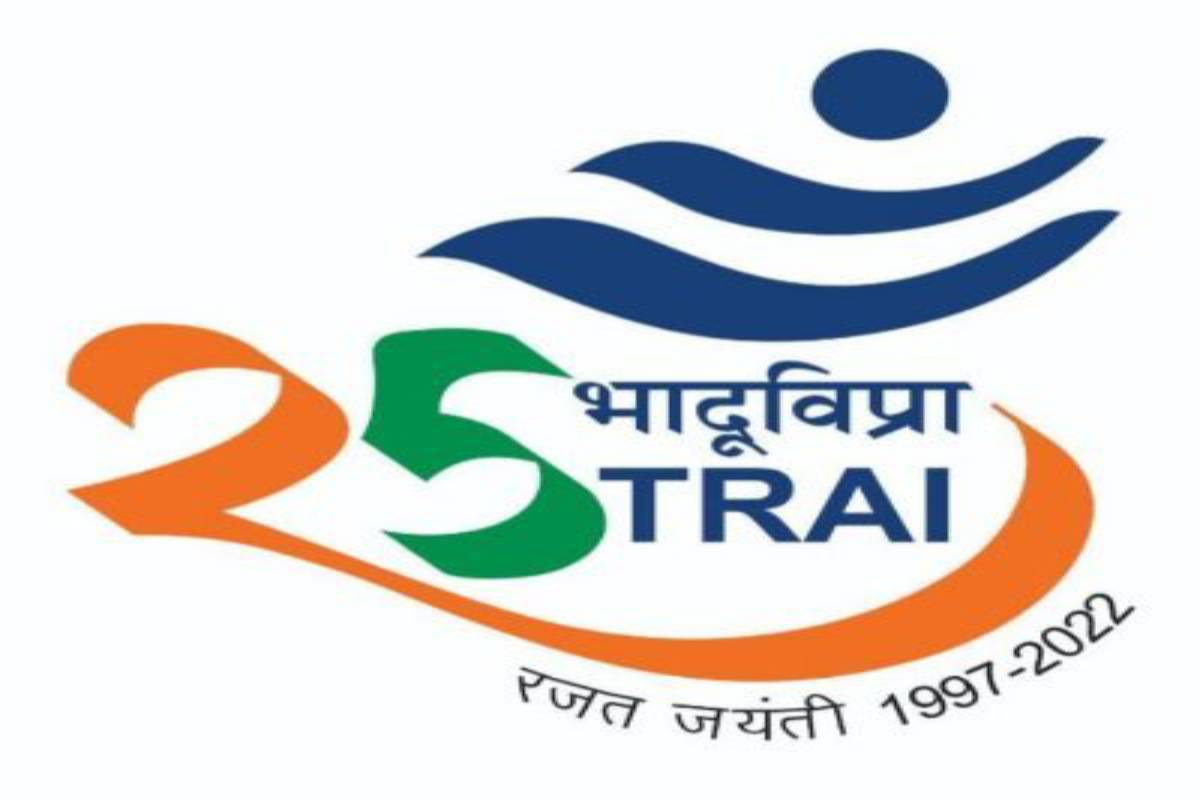TRAI releases Consultation Paper on formulation of National Broadcasting Policy-2024
This consultation paper has been prepared for seeking comments from stakeholders and has been placed on TRAI's website.
The report recommends including the development of a framework for rating of buildings for digital connectivity, which will add value to the property.

[Photo: Twitter/@TRAI]
Digital Connectivity Infrastructure (DCI) may become an intrinsic part of building development plans in near future, just like water, electricity and fire safety systems, at present. A recommendation for this has been made in a report on “Rating of Buildings or Areas for Digital Connectivity” released by the Telecom Regulatory Authority of India (TRAI) on Monday.
The report recommends including the development of a framework for rating of buildings for digital connectivity, which will add value to the property. TRAI will come up, separately, with appropriate regulatory framework for Rating of Buildings, which will also include the issue of Rating certification.
The report says DCI is to be co-designed and co-created, along with building development through collaboration among various stakeholders like Property Managers (owner or developer or builder), service providers, infrastructure providers, DCI professionals and authorities at various urban/local bodies.
Advertisement
This framework shall also open job opportunities for young professionals to become DCI Professionals and be part of Design, Deployment and Evaluation of Digital Connectivity Infrastructure.
TRAI has also proposed a new chapter on ‘Digital Connectivity Infrastructures in Buildings’ to be included in Model Building Bye Laws 2016 by modifying and updating the existing provisions, which were added in the Bye Laws as Annexure through an Addendum to Model Building Bye Laws 2016, titled “Provisions for In-Building Solutions Digital Communication Infrastructure.”
The provisions were issued by Town and Country Planning Organization (TCPO) of Ministry of Housing and Urban Affairs (MoHUA) in March 2022.
The TRAI report has emphasized that Digital Connectivity Infrastructure (DCI) developed in the Buildings by the Property Managers (Developers, Builders etc) should be accessible to all service providers in a fair, transparent, non-discriminatory and non-chargeable basis.
Explaining its recommendations, TRAI said the exponential growth in digitalization during the last decade has revolutionized the world, impacting everything from economy, innovation, science and education to health, sustainability, governance, and lifestyles.
Digital technologies are changing business models, institutions and society. The demand for digital connectivity has increased many folds in recent years and Covid-19 has further given impetus to surge in the demand across all segments of users, irrespective of their locations.
In the past, the TRAI and the Government took various policy initiatives to fulfil the demands of telecom connectivity. These interventions helped in improving connectivity, resulting in wider coverage and higher data throughput, but they fell short in achieving the desired level of digital connectivity experience of users.
The users now prefer to work from anywhere, at any time. The rollout of the 5G network further stimulated the need for seamless experience of the 5G services, specifically inside the buildings.
TRAI conducted many studies to assess the quality of connectivity, identify challenges in providing connectivity and to suggest the way forward. Based on these studies TRAI published a Monograph on “Quest for a Good Quality Network inside Multi-storey Residential Apartments: Reimagining ways to improve quality”.
TRAI thereafter undertook a process of consultation on suo-moto basis to provide a framework for establishment of an eco-system wherein Digital Connectivity Infrastructure becomes part of all development activities.
Advertisement